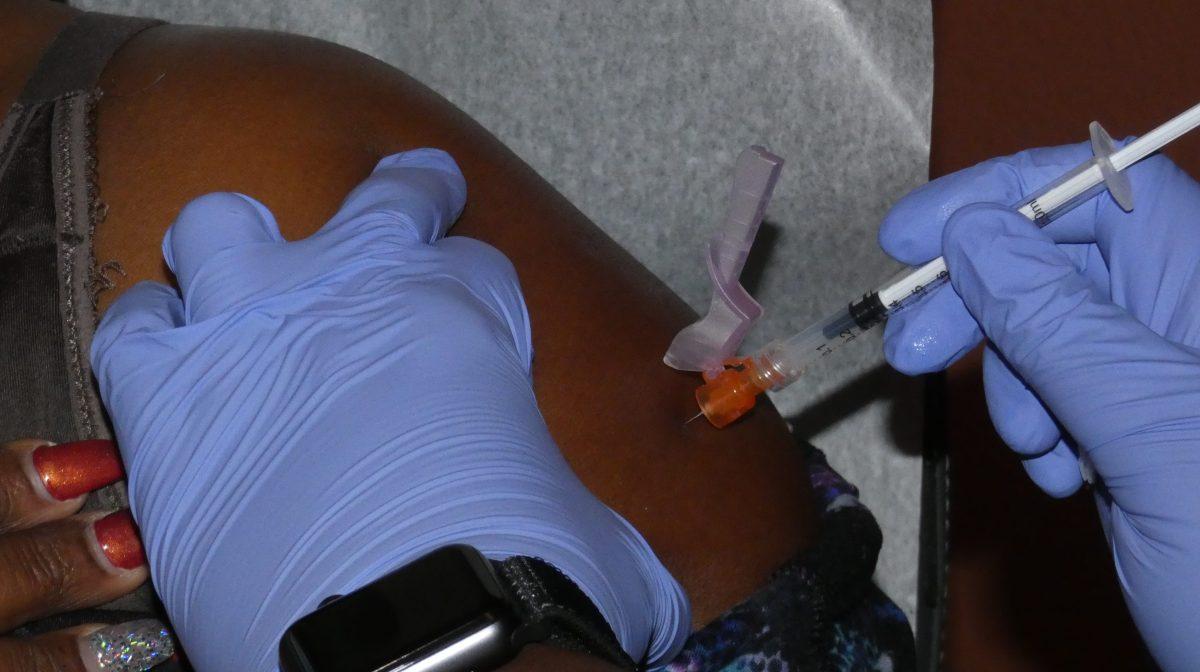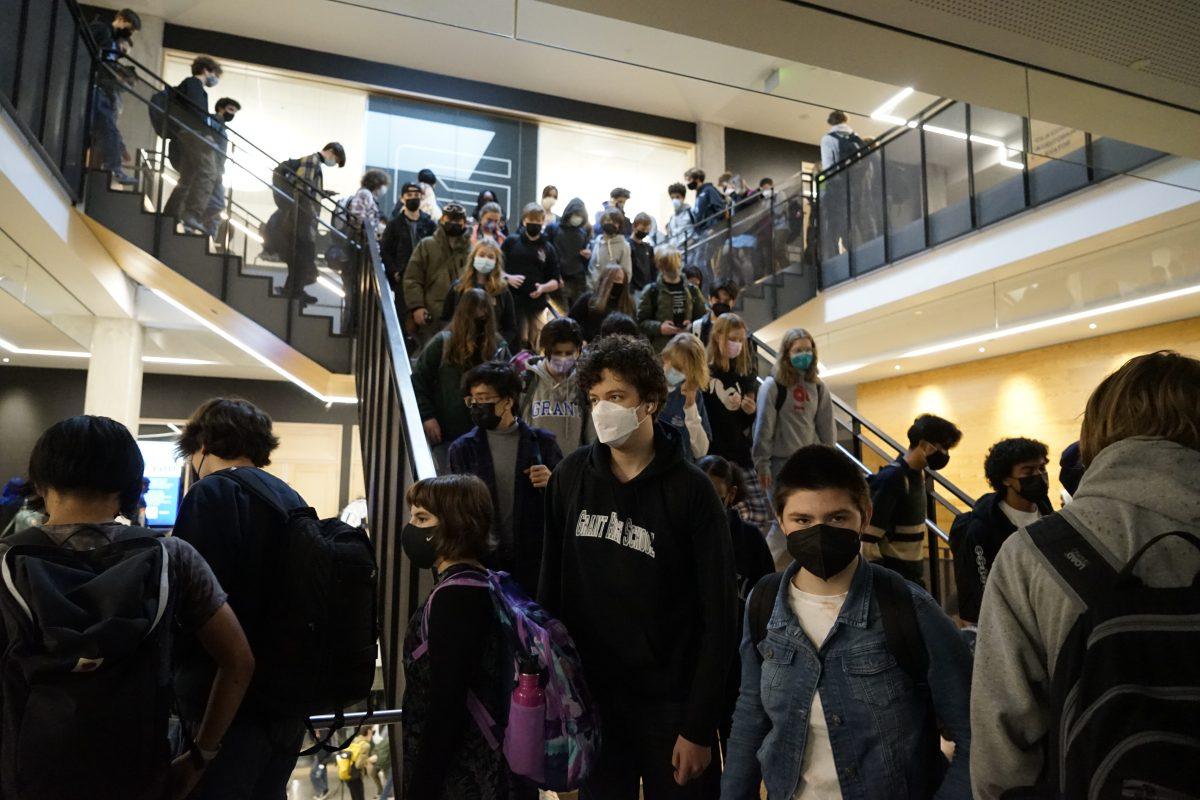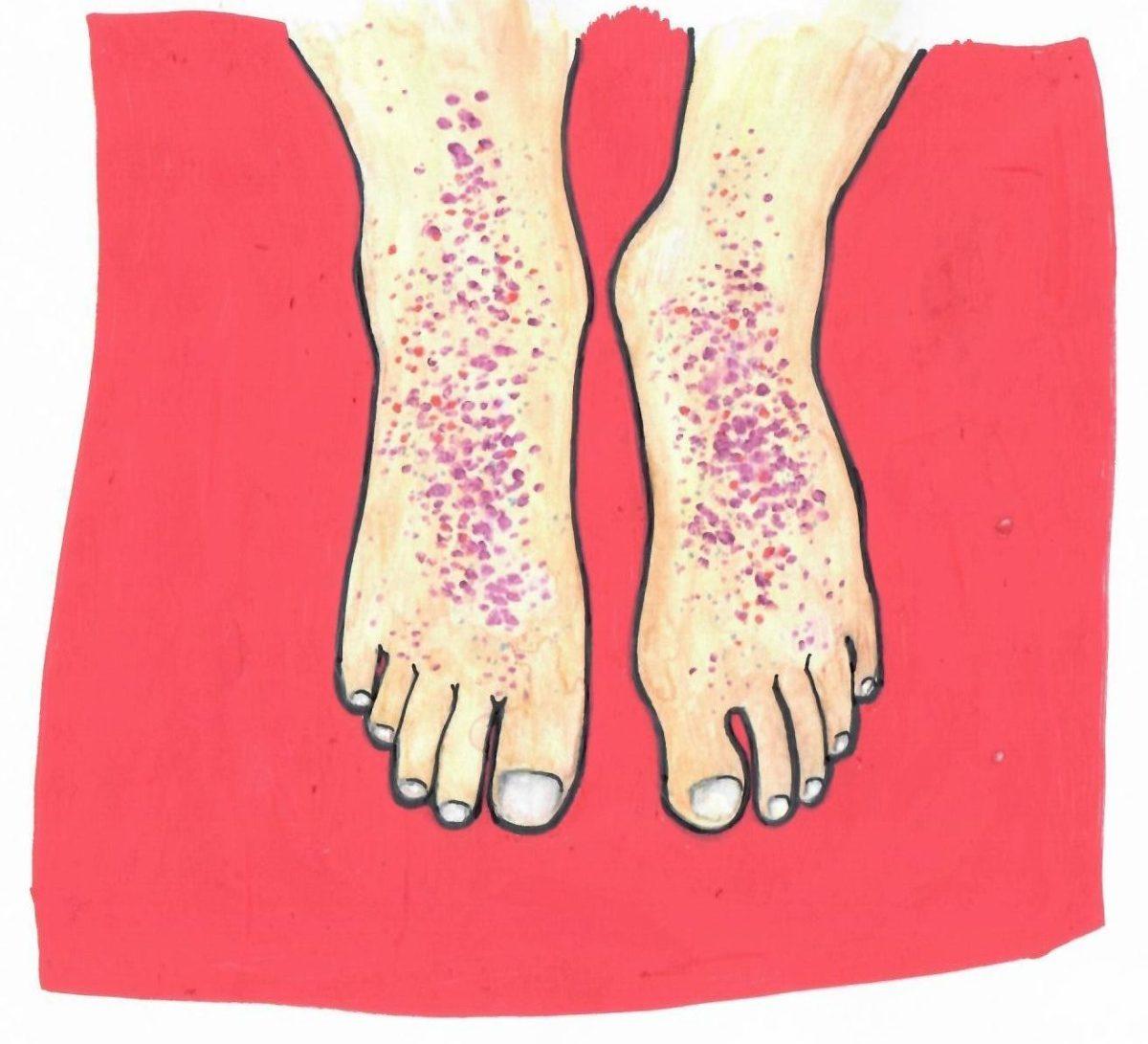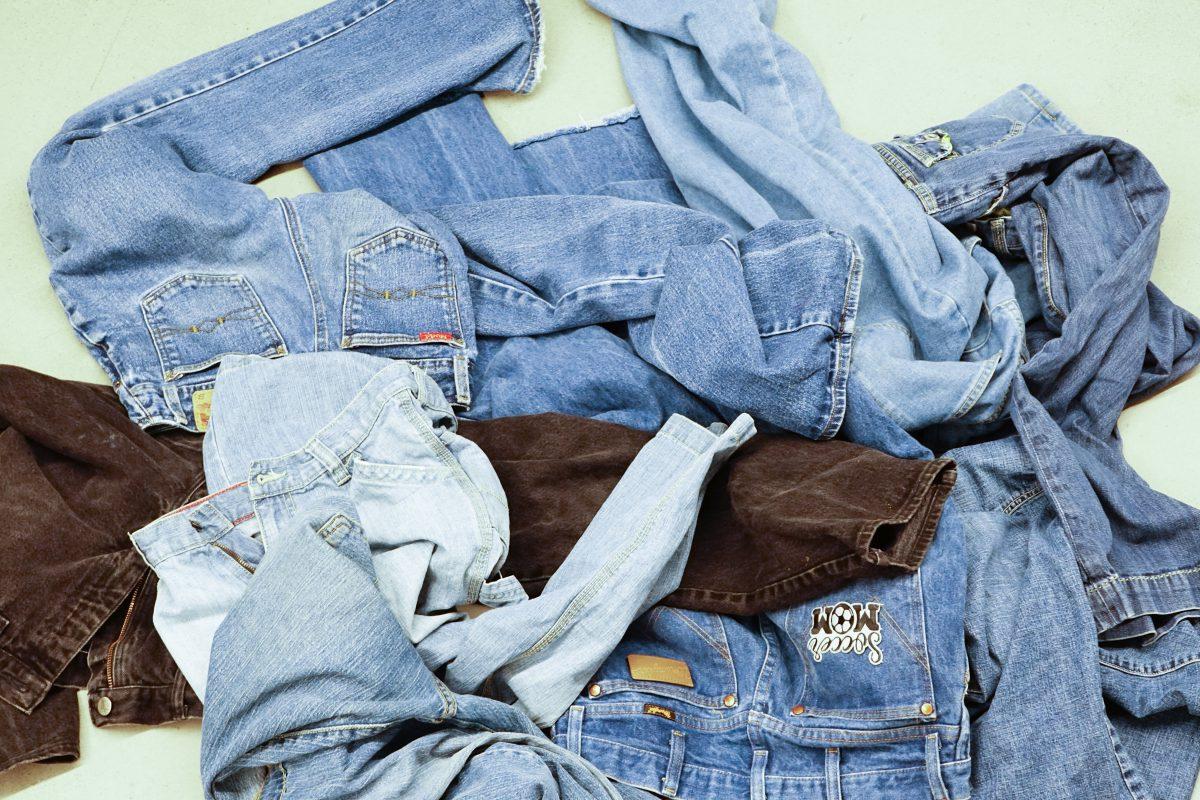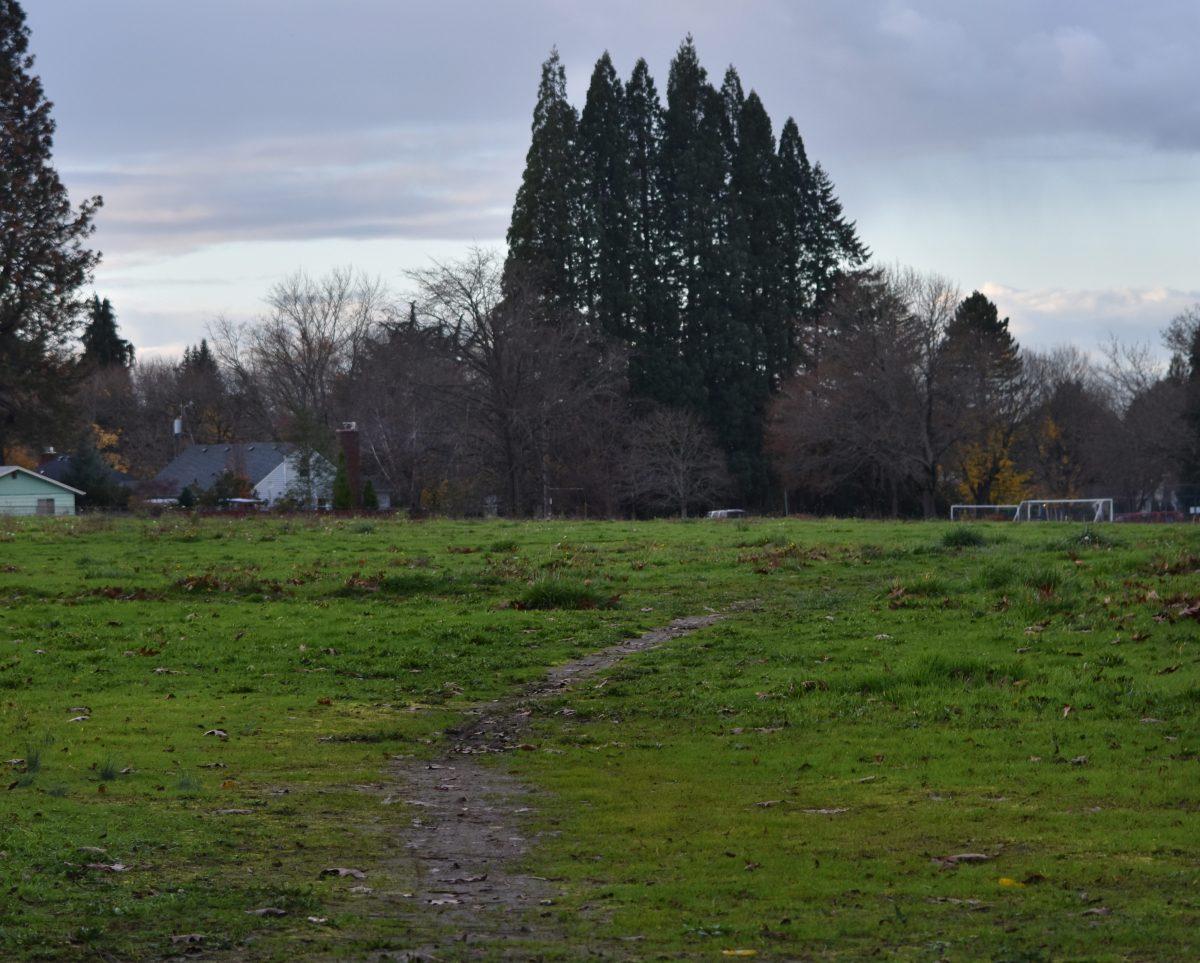While students spent most of their time at home during the COVID-19 pandemic, healthcare workers have faced unparalleled challenges in hospitals. Cases in Oregon have increased as the school year has progressed, and projections show likely spikes during the holiday season. The pandemic continues to put healthcare workers in distress as they face worker shortages, unvaccinated individuals, burnout and fatigue. As people return to school and work, healthcare workers continue to fight a battle that now approaches its two-year mark.
Responses have been edited for clarity.
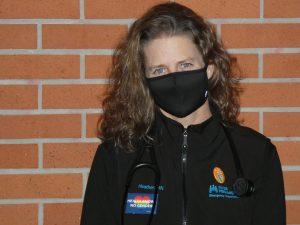
Heather Sweeney (She/Her)
Parent of Grant student
Position: Surgical Nurse
Location: Kaiser Sunnyside
Describe your day-to-day experience as a health care worker during the COVID-19 pandemic.
When the pandemic first started, there was so much chaos and confusion, nobody really knew what was going on. We didn’t have any guidelines, we followed whatever the CDC (Centers for Disease Control and Prevention) told us to do. And that kept changing; it felt like every day. It’s turned from a sprint to a marathon and it’s just been exhausting … There’s a lot of compassion fatigue.
What did COVID look like as an emergency nurse?
The hardest part in the emergency room is the unknown. You end up wearing your N95 for 12 hours and (get) really bad headaches. We ran out of PPE, so we would have to wear gowns, two pairs of gloves and a full face shield. You couldn’t really drink water, it was really hard to go to the bathroom, and it was just really scary.
What specifically kept you going throughout this experience?
I love trying to help (and) I love problem-solving, which is why I’ve loved emergency nursing for so long. I think it feels like nurses are finally feeling empowered. I have a therapist that specializes in working with healthcare providers, because it is a lot of trauma … so many nurses (left) the profession because they didn’t find a healthy outlet to deal with it.
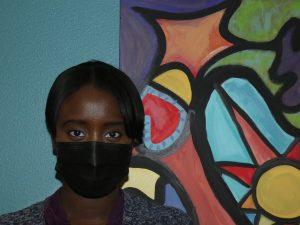
Mako Gedi (She/Her)
Position: COVID Vaccine
Coordinator and Medical Assistant
Location: North by Northeast Community Health Center
How have your views of the healthcare system changed since you started working at North by Northeast during the pandemic?
(The NxNE clinic) definitely changed my perception of healthcare and what it can be … It doesn’t necessarily have to be this archaic system that’s been made for a certain person, like a lot of medicine is made for. We can take these simple steps and address these health concerns and … show our patients they don’t have to fall through these cracks of this old system that’s not there to support them.
Have you seen distrust for the medical community be amplified during the pandemic?
My experience with vaccines specifically, there is a lot of mistrust that’s well-founded. Having a place to go to or someone to talk to that looks like you … really helps to quell some of the anxieties that fuel that mistrust. We get people to change their minds. That’s sort of what we’ve tried to do to tear away at the sort of mountain of mistrust that’s there with the medical community and the Black community.
What would you say to the people who didn’t experience the pandemic the same way you did?
I would tell them that COVID is real. It’s killed a lot of people. It’s going to continue to kill people until we are sufficiently vaccinated and able to prevent it from evolving. It’s simple. It’s deadly. Let’s all get vaccinated.
Miles Ellenby (He/Him)
Parent of Grant student
Position: Professor, Pediatrics & Anesthesiology, Division of Critical Care Medicine
Medical Director, Office of Digital Health
Location: Doernbecher Children’s Hospital & Oregon Health and Science University
How did the pandemic impact you psychologically as a healthcare professional?
I think a lot of healthcare providers were quite frustrated … with our government’s response and (how) things could have been done differently to decrease that burden. When you sign up to be a caregiver, you kind of accept that responsibility and burden, but it’s a lot harder to deal with that when (for example) people are recycling PPE … it’s just been devastating.
How did attitudes about vaccines affect your work in healthcare?
I think your decision to get vaccinated is not about yourself, but about your community. You’re not only protecting yourself, but you’re protecting your neighbor who’s elderly, or your neighbor who’s immunocompromised or can’t get vaccinated for other reasons.
What kept you going through the pandemic?
If I’m not doing it, who will? For a long time, I have not been a big fan of how our healthcare system is organized … (but) I’ve been encouraged by the incredibly hard work that a lot of people I know in healthcare have done and taken on.
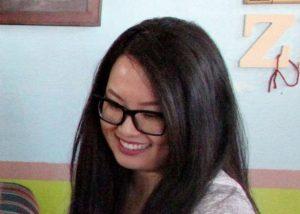
Michelle Gensolin (She/Her)
Position: Maternal Child Public Health Nurse
Location: Washington County
How has the trauma of being a healthcare worker during the pandemic affected you?
We often carry a lot of our clients’ experiences with us, because we’re there to help (them) succeed, be stable, have stable housing and be the best parent that they can. At the end of the day, I was carrying other people’s trauma with my own.
How did your work change after vaccinations became accessible?
I have to say I love in-person a lot more than video calls and telephone because there’s something about being with the person that is really special. Body language is really important in this type of work because if you don’t see (their body language), you don’t really know (if) what you’re saying is (having an impact).
How have your views of the healthcare system changed?
I think that it just made me feel a little bit doubtful as one of the nurses that work in public health … We really didn’t know how to prepare. We had some protocols in place, and policies, but it just wasn’t enough. Will hospital systems be able to take care of me if I get sick? So I think I felt very insecure about the (ability of the) system.♦





























